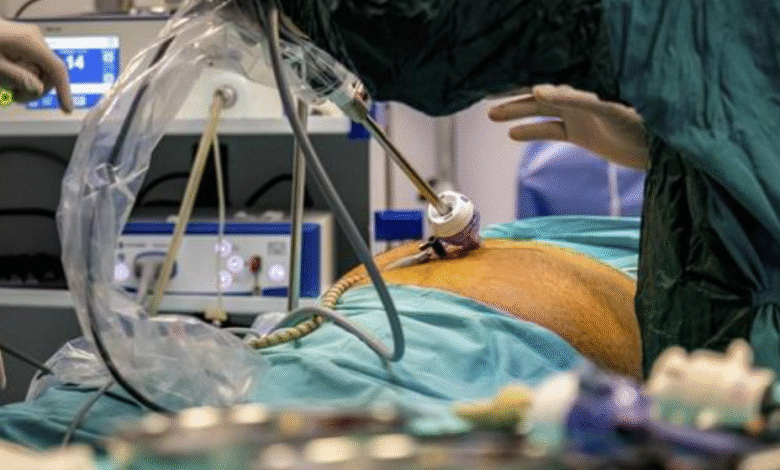How Gastric Bypass Surgery Reduces the Risk of Obesity-Related Heart Disease

Obesity is one of the leading contributors to heart disease, increasing the risks of high blood pressure, cholesterol imbalances, and type 2 diabetes. These conditions collectively strain the cardiovascular system, heightening the chances of heart attacks and strokes. Surgical interventions like gastric bypass in Manhattan have become effective solutions not only for weight loss but also for improving heart health. By addressing the root causes of obesity, this procedure significantly reduces the risks associated with cardiovascular disease and promotes long-term wellness.
How Gastric Bypass Supports Cardiovascular Health
Gastric bypass surgery alters the way the digestive system processes food, resulting in reduced calorie absorption and smaller portion sizes. As a result, patients typically experience substantial weight loss within the first year. Shedding excess weight lowers blood pressure, improves cholesterol levels, and stabilizes blood sugar, all of which are critical factors in preventing heart disease. These changes reduce the workload on the heart and enhance overall circulation, providing patients with a stronger foundation for long-term cardiovascular health.
Dietary Adjustments After Surgery
The benefits of gastric bypass surgery are strongly linked to lifestyle changes that occur after the procedure. Proper nutrition plays a central role in maintaining results and supporting heart health. Understanding foods to avoid after gastric bypass surgery helps patients prevent complications and ensures they get essential nutrients. Avoiding high-sugar and high-fat foods helps stabilize weight loss, reduce inflammation, and protect against conditions that place stress on the heart. Working closely with healthcare providers to build a balanced diet is vital for sustaining improvements.
Psychological and Lifestyle Benefits
The advantages of gastric bypass extend beyond physical health. The psychological benefits of gastric bypass surgery include increased confidence, reduced anxiety, and greater motivation to maintain a healthier lifestyle. These mental health improvements encourage patients to remain active, follow dietary recommendations, and commit to long-term changes that further reduce cardiovascular risks. An improved mood and outlook also contribute to lower stress levels, which play a crucial role in maintaining a healthy heart.
Long-Term Impact on Heart Disease Prevention
Research consistently shows that gastric bypass patients are less likely to develop severe heart-related conditions compared to those who remain obese. Sustained weight loss helps lower chronic inflammation, enhances vascular function, and reduces the strain placed on the heart. Patients who continue to follow their care plans, including nutrition, physical activity, and regular medical checkups, can significantly decrease their chances of developing obesity-related heart disease in the future.
Conclusion
Gastric bypass surgery provides a powerful way to combat obesity and reduce the risk of heart disease. By lowering weight, improving cardiovascular markers, and fostering healthier lifestyle habits, the procedure benefits both physical and psychological well-being. With the proper guidance and long-term care, patients can enjoy a healthier heart, improved quality of life, and lasting protection against obesity-related conditions.




